Small Commercial Meat Mixers: Your Guide to Choosing the Right One
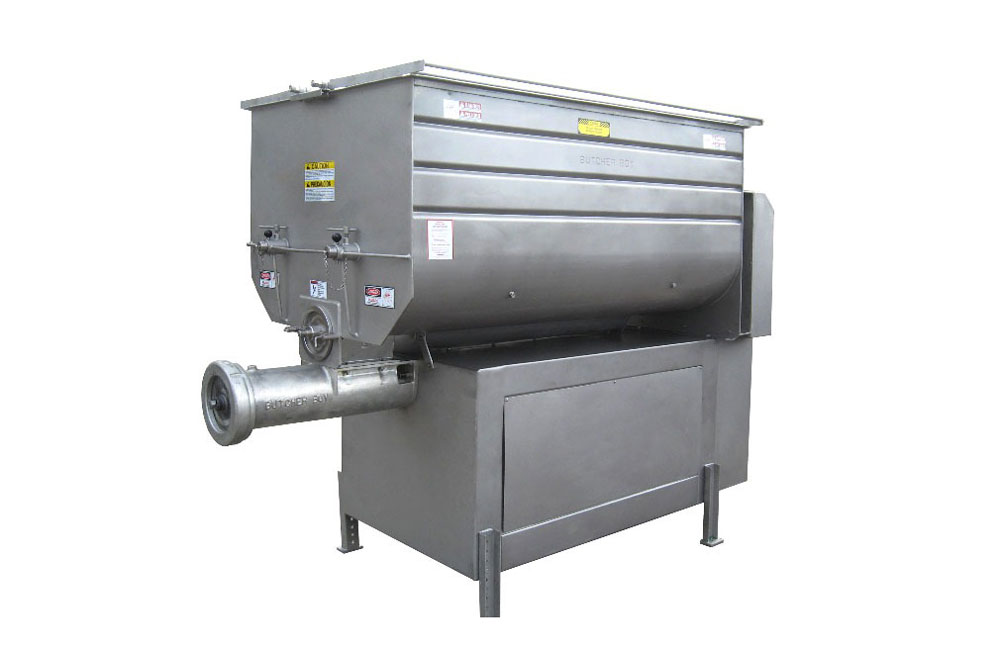
Meat mixers are essential equipment in the food processing industry, allowing businesses to efficiently blend spices, flavors, and ingredients into various meat products. For small-scale operations, small commercial meat mixers offer the perfect balance of functionality, size, and affordability. In this guide, we’ll explore the benefits, types, and top features of these mixers while providing practical tips for selecting the best one for your needs.
Why Invest in a Small Commercial Meat Mixer?
Whether you run a butcher shop, deli, or small-scale meat processing plant, a commercial meat mixer can revolutionize your operations. Here’s why:
- Improved Efficiency: Manual mixing is time-consuming and inconsistent. A meat mixer delivers faster and uniform results.
- Enhanced Product Quality: Precise mixing ensures even distribution of spices and other ingredients.
- Cost-Effective: Small mixers are affordable, consume less power, and require minimal maintenance.
- Compact Design: Perfect for small spaces while offering the power needed for professional-grade results.
Key Features of Small Commercial Meat Mixers
When shopping for a meat mixer, consider the following features:
1. Capacity
- Small commercial mixers typically range from 20 to 100 pounds in capacity.
- Choose a capacity based on your daily production needs.
2. Material
- Stainless Steel: Durable, rust-resistant, and easy to clean. Ideal for maintaining food safety standards.
- Plastic Components: Lightweight but may not withstand heavy use.
3. Mixing Mechanism
- Manual Mixers: Require manual cranking; suitable for low-volume production.
- Electric Mixers: Powered by a motor, offering consistent and efficient performance.
4. Motor Power (for Electric Mixers)
- Ranges from 0.5 HP to 2 HP for small models. Higher power means faster mixing but also higher energy consumption.
5. Safety Features
- Look for mixers with overload protection, safety guards, and non-slip bases.
6. Cleaning and Maintenance
- Easy-to-disassemble models reduce downtime during cleaning. Dishwasher-safe parts are a plus.
Top Uses of Small Commercial Meat Mixers
Small commercial meat mixers are versatile machines that cater to various industries:
- Butcher Shops: For mixing ground meat with seasonings to create sausages, patties, and meatballs.
- Restaurants: Preparing marinated meats or custom meat blends for unique menu items.
- Catering Services: Ensuring large batches of meat preparations are consistent in flavor.
- Food Startups: Ideal for small-scale production of specialty meat products.
Best Small Commercial Meat Mixers in the Market
Here’s a roundup of top-rated small meat mixers to consider:
1. LEM Products Stainless Steel Meat Mixer
- Capacity: 20 pounds
- Features: Manual operation, rust-resistant stainless steel, removable paddles.
- Pros: Affordable, durable, and compact.
- Ideal For: Small butcher shops or occasional use.
2. Weston Manual Meat Mixer
- Capacity: 44 pounds
- Features: Stainless steel tub, non-slip base, and ergonomic handle.
- Pros: Easy to use, smooth operation, and budget-friendly.
- Ideal For: Medium-scale production.
3. Pro-Cut KMV-25 Electric Meat Mixer
- Capacity: 55 pounds
- Features: High-torque motor, safety interlock, and tilt mechanism for easy unloading.
- Pros: Powerful motor, user-friendly design, and quick cleaning.
- Ideal For: Small commercial kitchens or high-demand operations.
4. Hobart 84145 Buffalo Chopper with Mixer Attachment
- Capacity: 25 pounds
- Features: Heavy-duty motor, stainless steel blades, and mixer paddles.
- Pros: Versatile, reliable, and perfect for professional use.
- Ideal For: Meat and vegetable processing.
Factors to Consider Before Buying a Small Commercial Meat Mixer
1. Production Volume
Assess your average daily production needs to determine the appropriate mixer size.
2. Space Availability
Ensure the mixer fits comfortably in your workspace without overcrowding.
3. Power Source
- Manual Mixers: Economical and portable but require physical effort.
- Electric Mixers: Efficient but need a stable power supply.
4. Budget
Set a budget and balance features with affordability. Keep in mind maintenance costs.
5. Brand Reputation
Opt for trusted brands like LEM, Weston, and Hobart known for quality and durability.
6. Warranty and Support
Choose a mixer with a reliable warranty and accessible customer service.
Tips for Using and Maintaining Small Commercial Meat Mixers
1. Before Use
- Sanitize the mixer thoroughly to ensure hygiene.
- Assemble all components securely to prevent accidents.
2. During Operation
- Avoid overloading the mixer to maintain efficiency.
- Use the correct mixing speed for different types of meat.
3. After Use
- Disassemble the mixer and clean all parts with warm soapy water.
- Dry components completely to prevent rust.
4. Regular Maintenance
- Lubricate moving parts to ensure smooth operation.
- Inspect for wear and replace damaged parts promptly.
Conclusion: Choosing the Right Small Commercial Meat Mixer
A small commercial meat mixer is a valuable investment for any food business aiming to improve efficiency and product quality. By understanding your production needs, available features, and budget, you can select a mixer that fits seamlessly into your operations.
Whether you prefer the manual simplicity of the Weston Meat Mixer or the electric convenience of the Pro-Cut KMV-25, the right mixer can significantly enhance your workflow. Don’t forget to prioritize maintenance to ensure long-term durability and reliable performance.
Must-Read Blogs For Chain Restaurants Owner

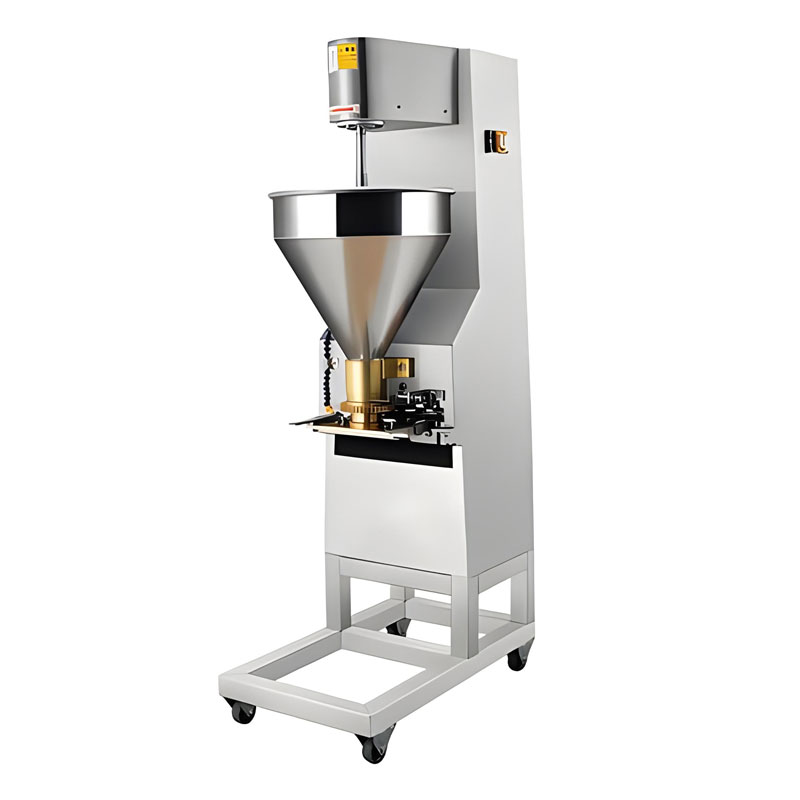
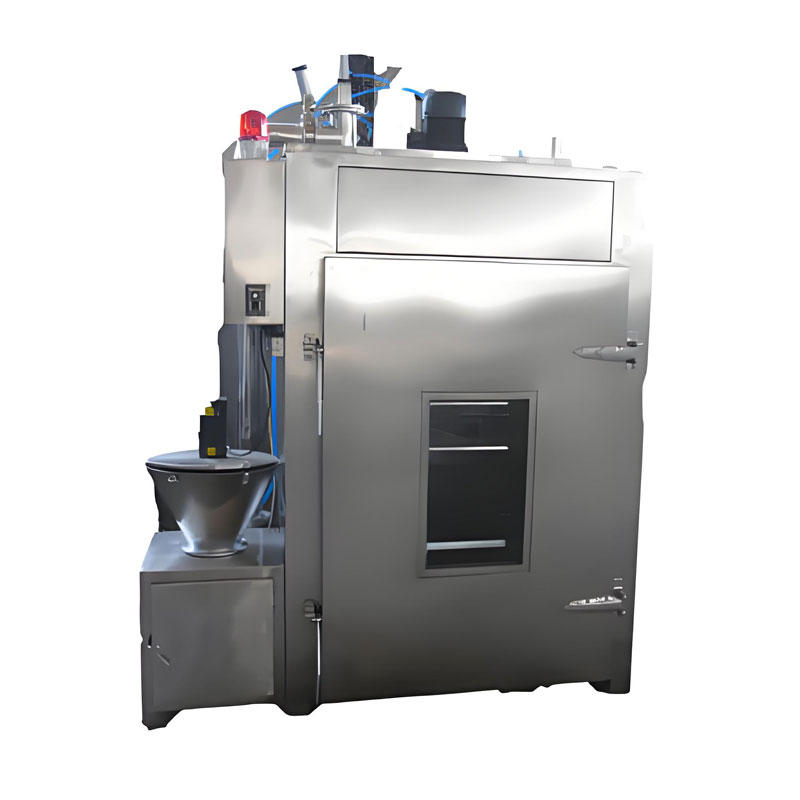
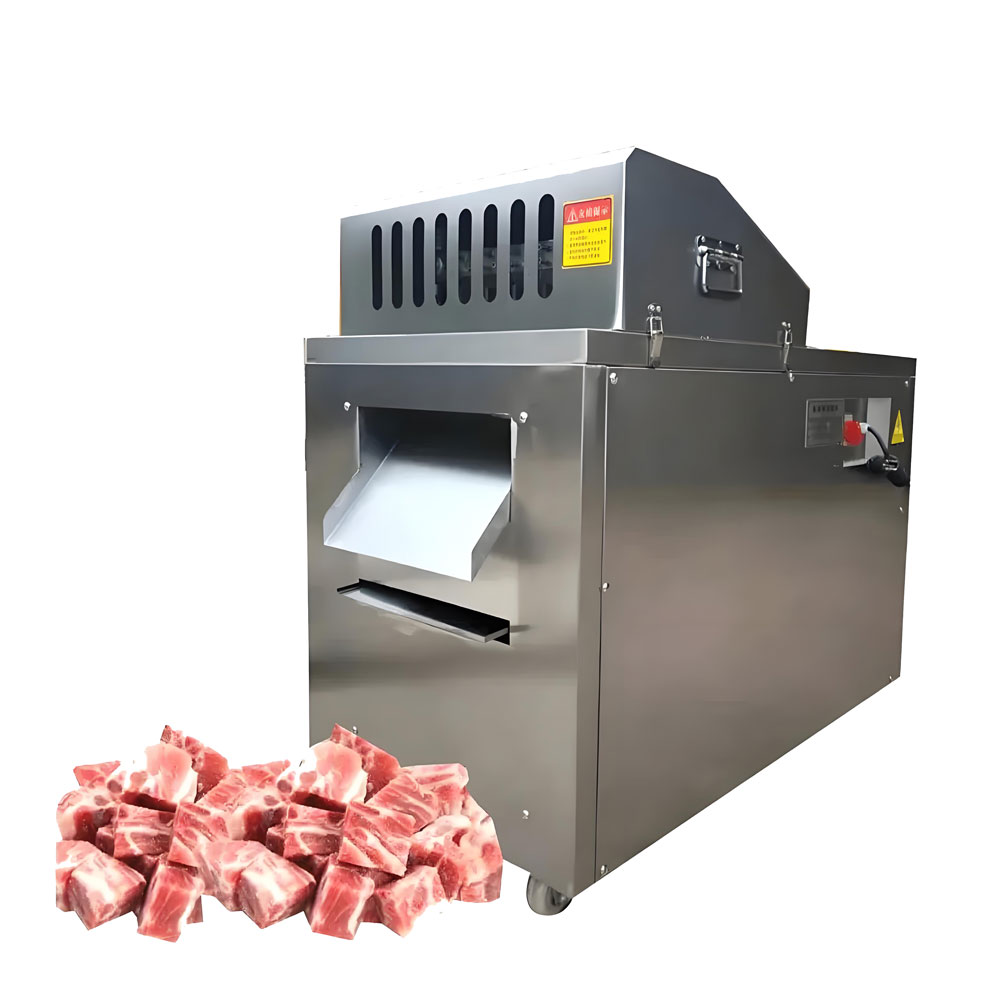
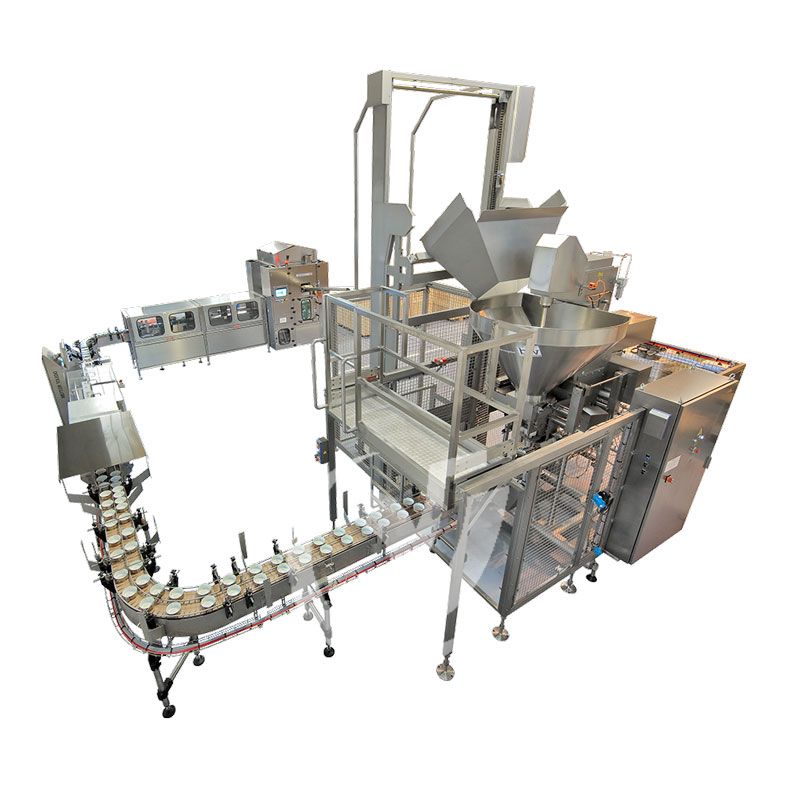

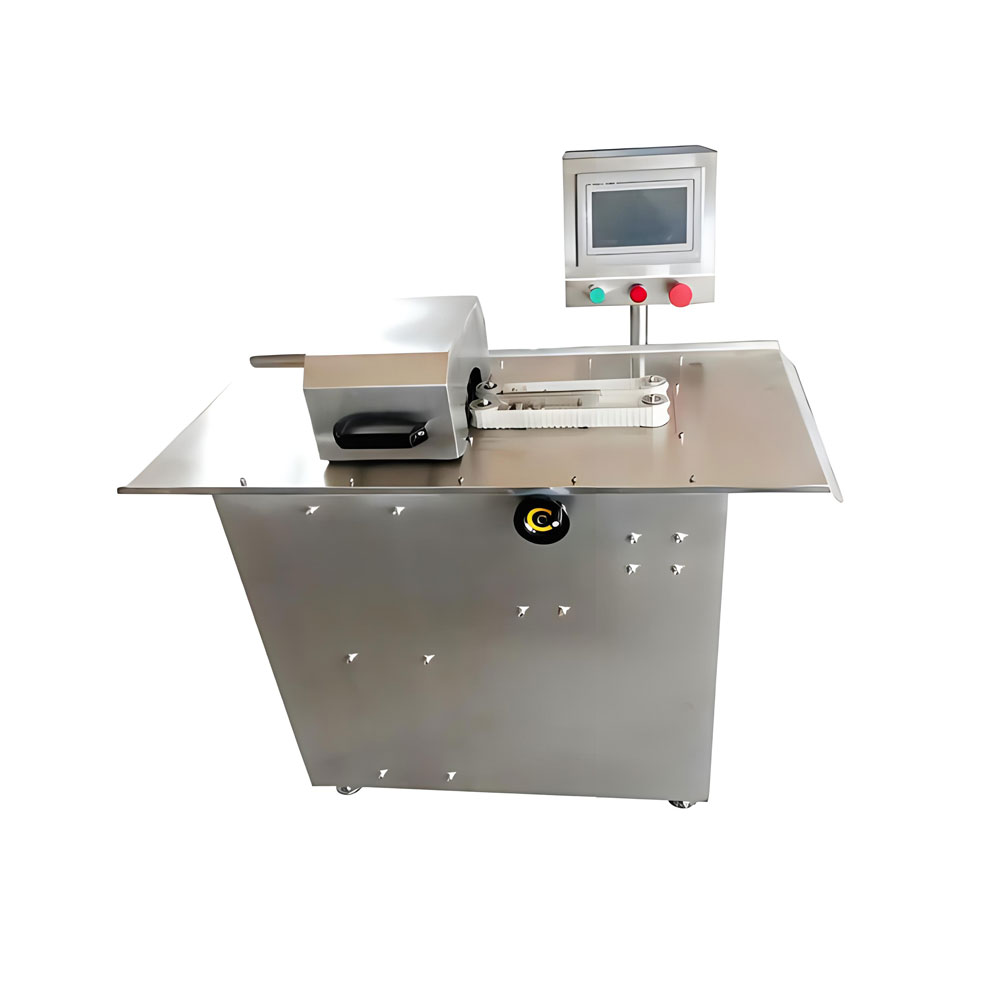
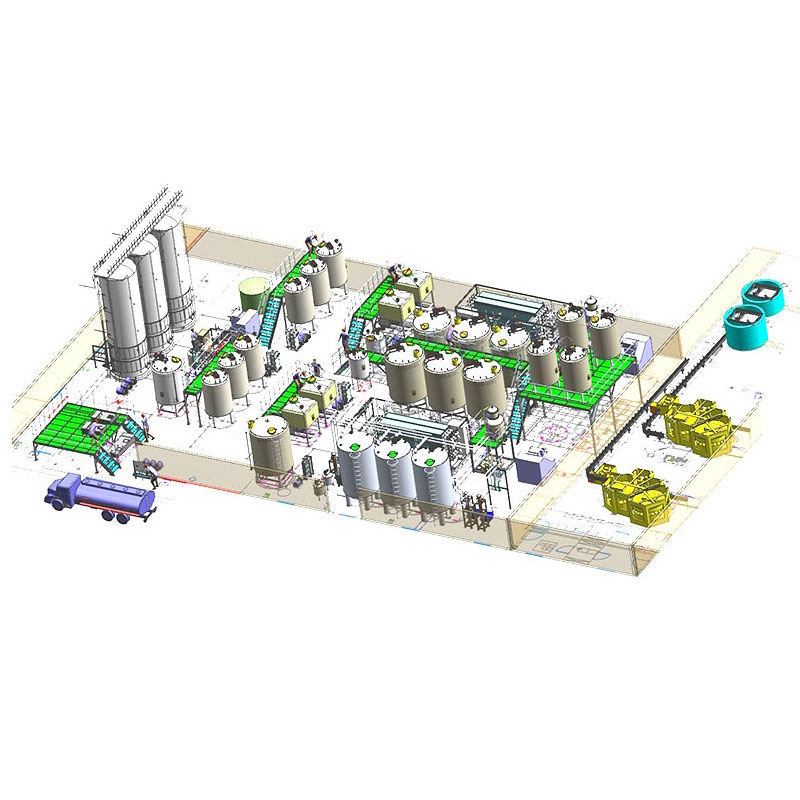
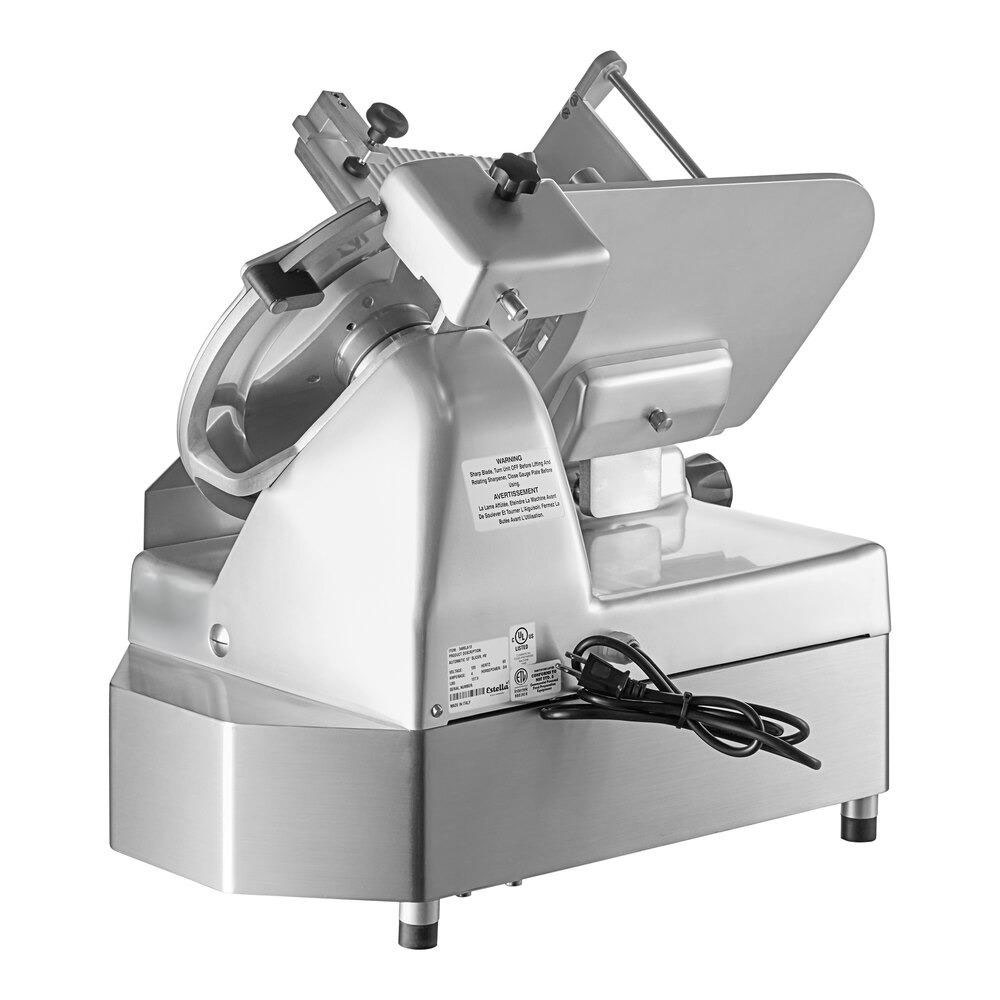
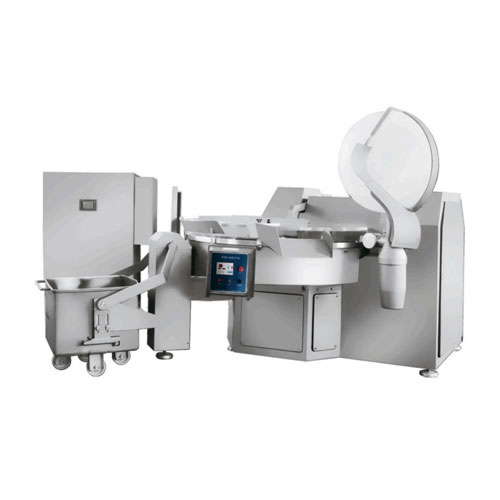
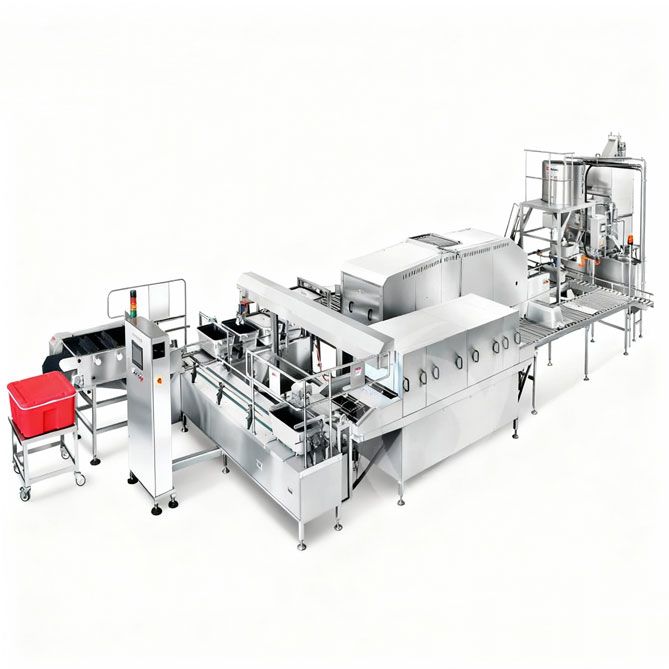
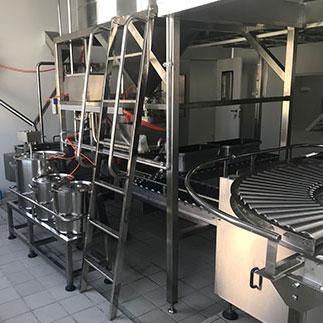 Cold Chain Rice Production Line
Cold Chain Rice Production Line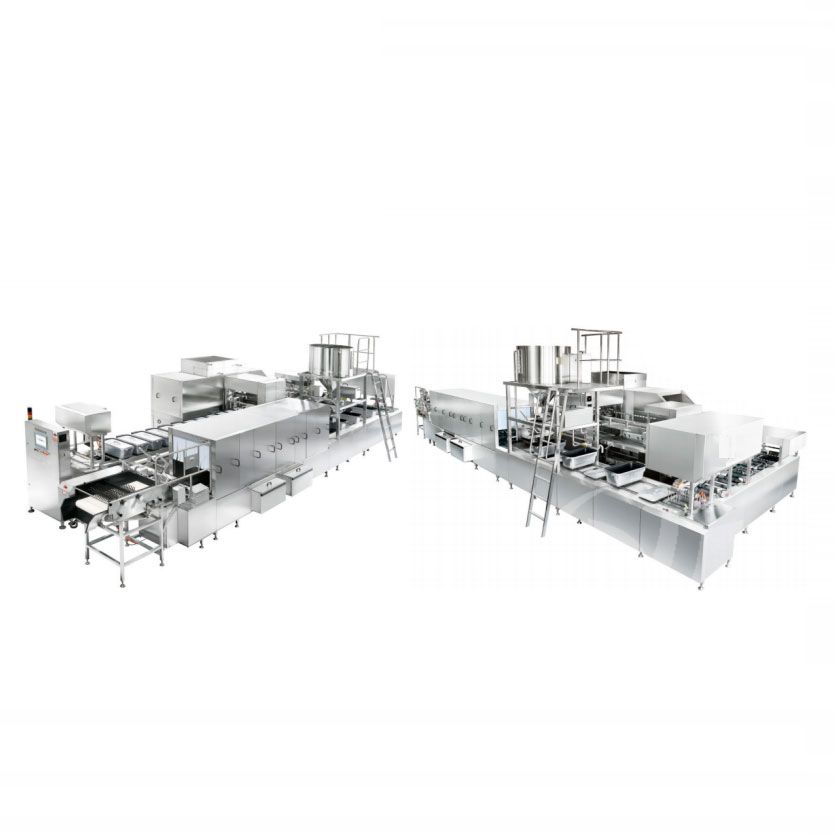 Unmanned Intelligent Rice Production Line
Unmanned Intelligent Rice Production Line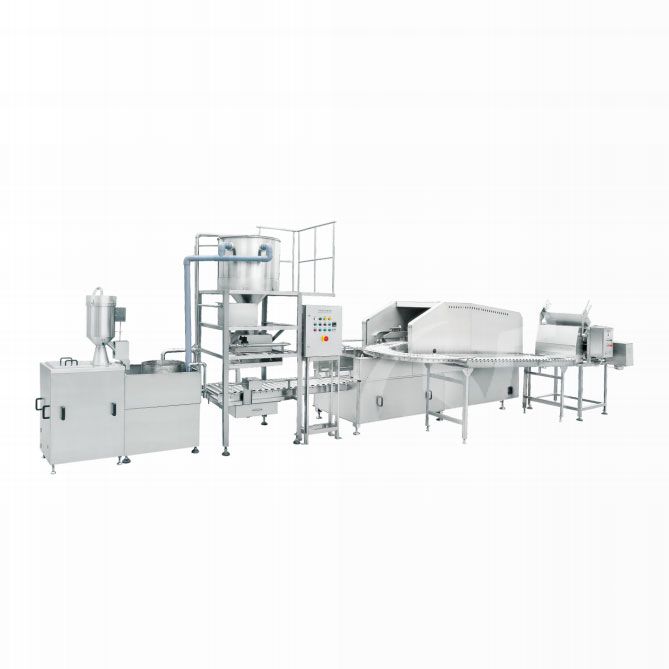 Automatic Rice Production Line
Automatic Rice Production Line
Ready to Get Started?